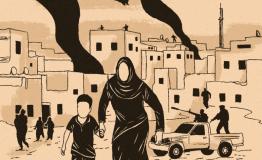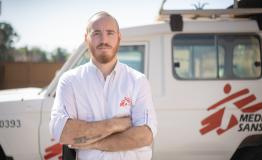
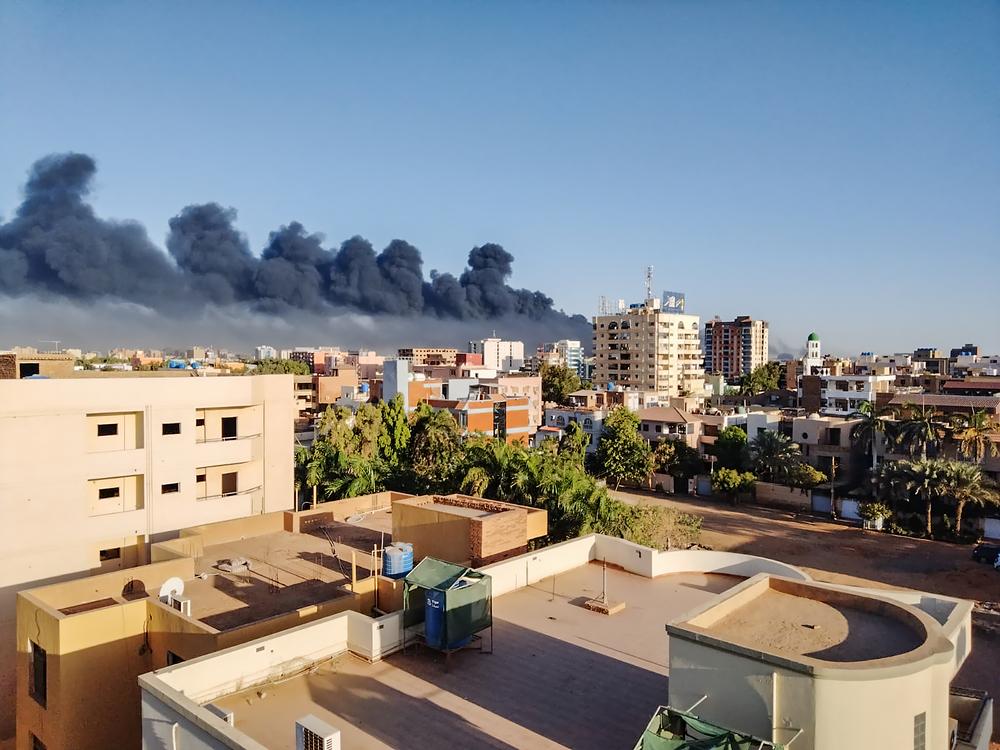
Conflict in Sudan
It has been 30 months since the war in Sudan broke out between the Sudanese Armed Forces (SAF) and the Rapid Support Forces (RSF). The violence experienced by the population and that MSF patients and staff have witnessed since the onset of the crisis has been horrific. This conflict comes on top of Sudan’s other humanitarian challenges that existed before April 2023.
While this is not the first internal conflict to take place in Sudan, it is the first to reach the country’s capital Khartoum. Sudan is the largest and fastest-growing internal displacement crisis in the world. According to the IOM, nearly 12 million people or one in five people in Sudan are currently internally displaced, 7.7 million were displaced after the conflict started in 2023. Additionally, over four million people have crossed the borders to neighbouring countries. MSF is assisting refugees and returnees in both South Sudan and Chad. Half of the internally displaced people are from Darfur, a key hotspot of the violence and of another war in the early 2000s, and the third come from Khartoum, a city that had around 8 million inhabitants before the war and has now lost about half of the population approximately.
MSF teams are working round the clock to treat injured people, sending much-needed supplies to health centres and preparing to do more as conditions allow, supporting people inside Sudan, and those who have fled to the surrounding countries.
MSF response in Sudan
The health system in Sudan was already fragile before this conflict. Now things are even worse. Due to the current war, the attacks on health facilities, and the widespread violence in the country, there is a huge need for many healthcare services across the country. Many health facilities are no longer functioning, and it can be too dangerous or difficult for patients to reach health facilities due to active fighting and a lack of transportation.
In Sudan, MSF is present in eleven out of the 18 states in the country. Our 1,254 Sudanese staff and 182 international staff currently work in and/or support 14 hospitals and seven basic healthcare facilities or clinics. We also provide healthcare in mobile clinics in two camps.
In Sudan, MSF teams:
- provide emergency medical treatment, including surgeries, for war wounded and non-war related injuries.
- run mobile clinics for displaced people.
- treat communicable and non-communicable diseases
- provide maternal and paediatric healthcare
- offer water and sanitation services.
- donate medicines and medical supplies to healthcare facilities, and provide incentives, training, and logistical support to Ministry of Health staff.
- treat severe acute malnutrition.
- provide mental health support
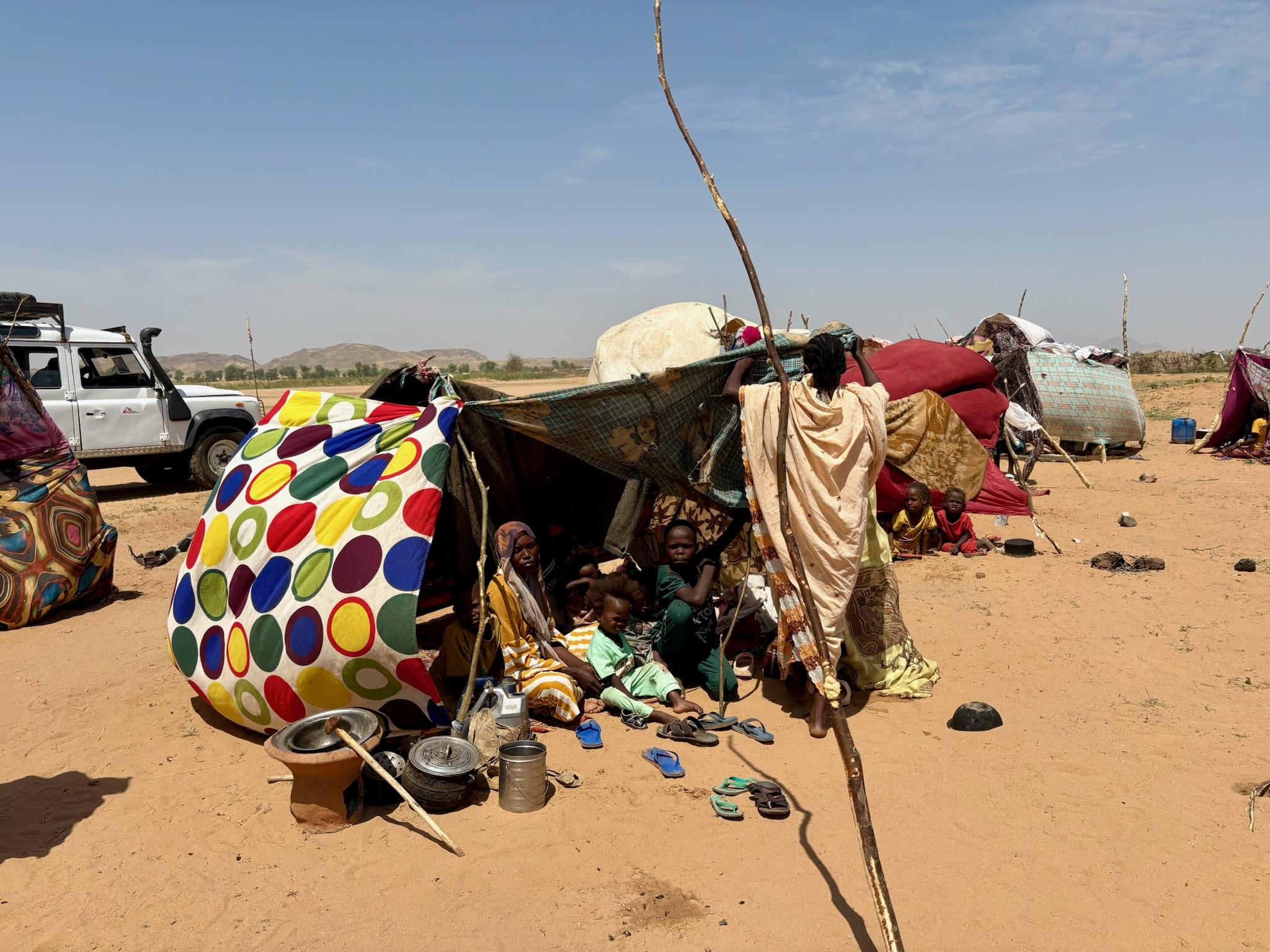
MSF response in the region
South Sudan
Since the beginning of the war in Sudan in April 2023, more than 1,200,000 people have crossed into South Sudan to seek refuge. The sudden influx of refugees has stretched an already overwhelmed system. MSF is responding to the refugee crisis in Renk, Bulukat and Wedweil refugee camp in Northern Bahr el Ghazal state.
Chad
Since the war broke out in mid-April, about 800,000 displaced refugees and returnees have crossed the border to Chad. Refugees and returnees from Sudan are now living in multiple camps in Chad and face difficulties to secure even the most basic needs. MSF teams are responding to this crisis through their work in five different locations in eastern Chad: Adré, Ourang, Metche, Alacha, Deguessa and Goz-Aschiye, Kimiti province.
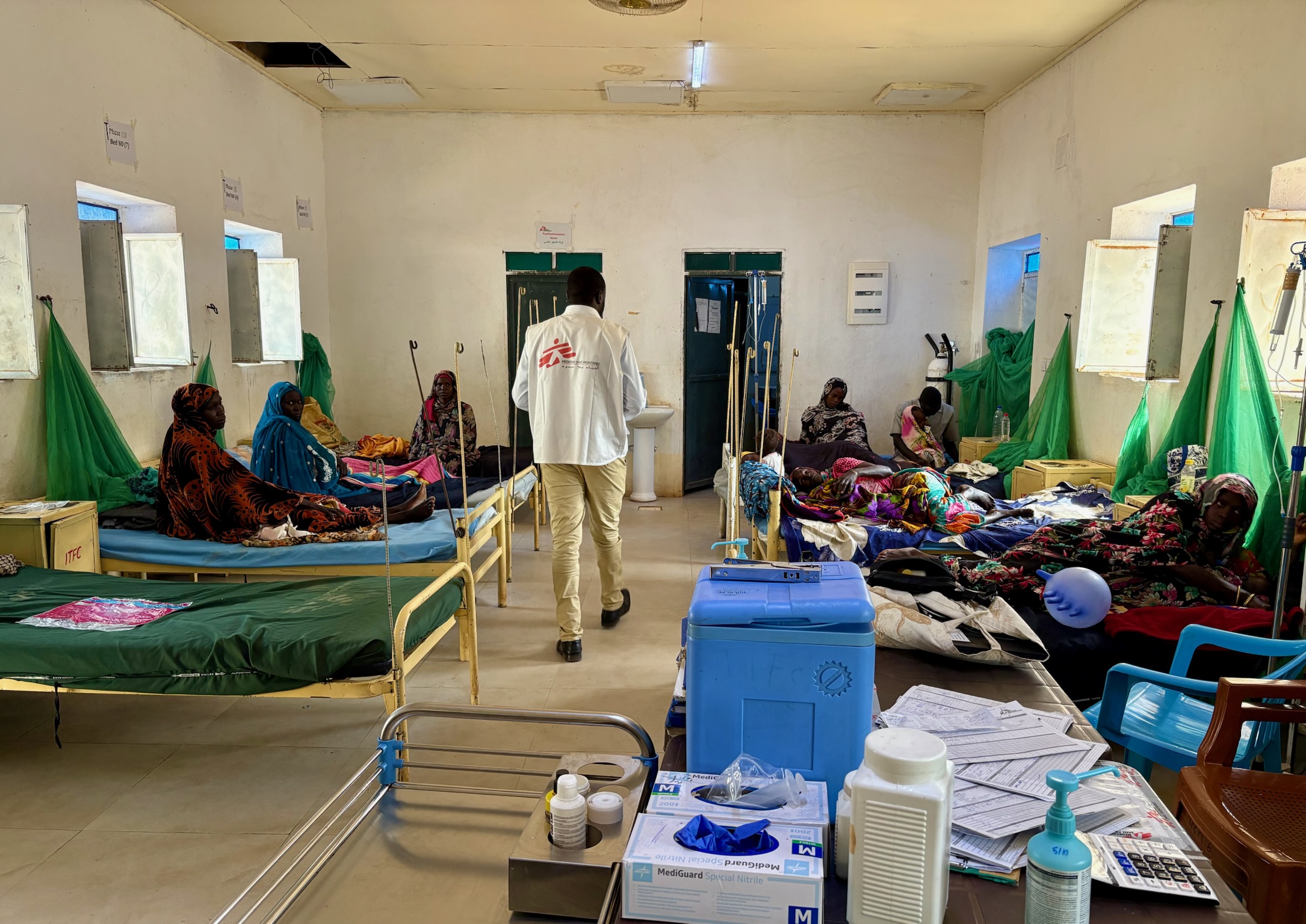

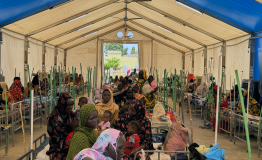
People facing extreme malnutrition in Sudan’s protracted crisis
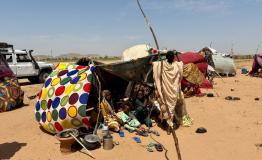
Urgent appeal for El Fasher’s people - MSF denounces mass atrocities and fears many people remain in grave danger
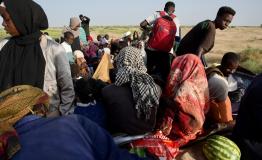
Sudan: Civilians must be spared in El Fasher
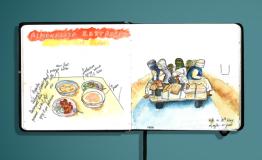
’Sudan’s crisis of compassion, sketched in my watercolour journal’
